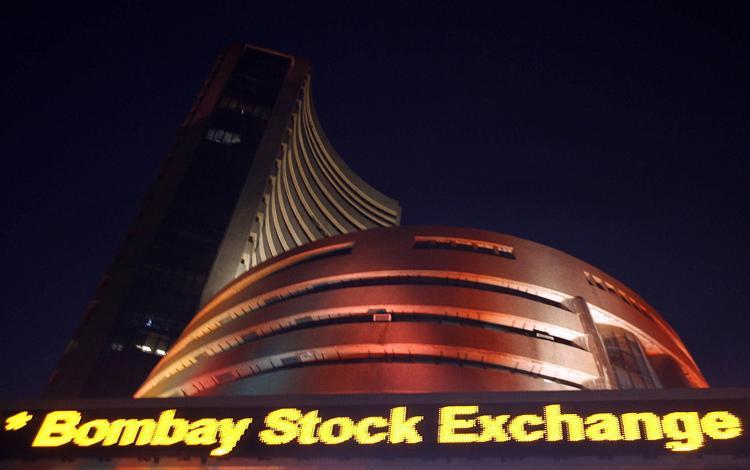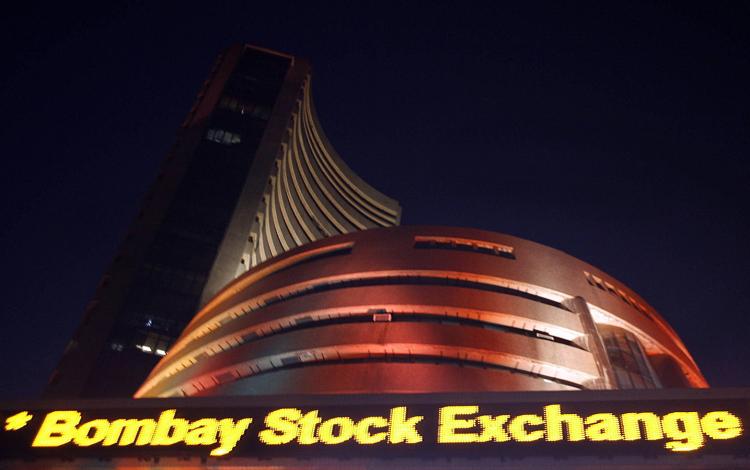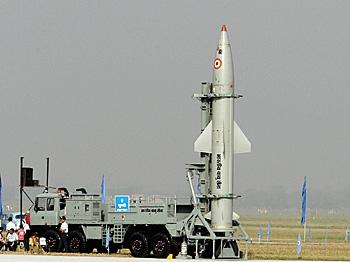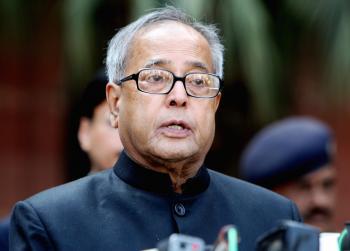The main reason for the downfall is the continuous selling of stocks by Foreign Institutional Investors (FII). FII had been selling its stock for 14 continuous days, reaching a value of $1.23 billion since Feb 17. Since the start of 2009 it has sold fully $2.3 billion of stock, and is still one of the major stock holders in the market, controlling more than 35% of free available stock.
The move has taken analysts by surprise, according to the Times of India: “We continue to be surprised by the relentless selling by FIIs in Indian stocks as the selling of the last few days seems to be primarily of ‘core’ India stocks,” Analyst Sanjeev Prasad of Kotak Institutional equities Research told the paper. “This would make us want to believe that this is a final round of selling. However, this is far from certain.”
The outflow of capitals and dollar buying by foreign banks has resulted in a drastic drop of the value of Indian rupee against the dollar. The rupee has dropped from 49.16 to 51.80 since Feb. 17, a drop of 5 percent.






